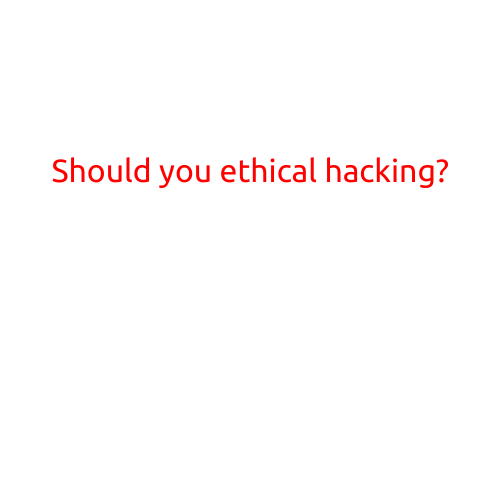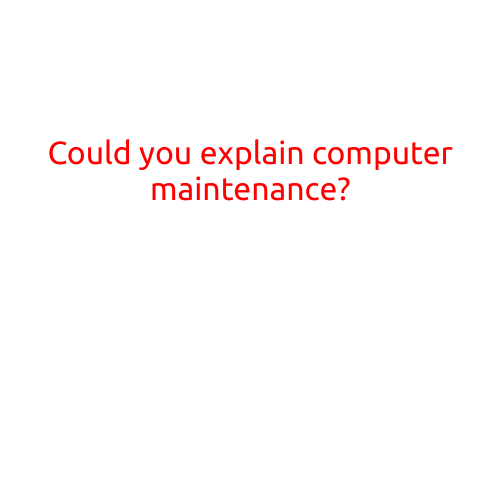
Should You Pursue Ethical Hacking?
In today’s digital age, the importance of cybersecurity cannot be overstated. With the constant threat of hacking, data breaches, and cyber attacks, the demand for skilled ethical hackers has never been higher. If you’re considering a career in ethical hacking, you’re likely wondering whether it’s a suitable path for you. In this article, we’ll explore the pros and cons of pursuing ethical hacking and provide you with the information you need to make an informed decision.
What is Ethical Hacking?
Ethical hacking, also known as penetration testing or white-hat hacking, is the practice of testing computer systems, networks, and applications to identify vulnerabilities and weaknesses. Ethical hackers, also known as security consultants or penetration testers, use their skills to find and exploit these vulnerabilities, but instead of using their abilities for malicious purposes, they use them to improve the security of the targeted system.
Pros of Ethical Hacking
- High Demand: The demand for skilled ethical hackers is extremely high, particularly in industries such as finance, healthcare, and government.
- Good Compensation: Ethical hackers are well-compensated for their services, with median salaries ranging from \(80,000 to over \)150,000 per year.
- Job Variety: As an ethical hacker, you’ll have the opportunity to work on a wide range of projects, from assessing the security of small businesses to conducting penetration tests for large corporations.
- Constant Learning: The field of ethical hacking is constantly evolving, requiring you to stay up-to-date with the latest technology and techniques, ensuring that your career will always be challenging and rewarding.
- Sense of Fulfillment: Knowing that your skills are helping to protect people and organizations from cyber threats can be incredibly fulfilling.
Cons of Ethical Hacking
- High Level of Technical Skill: Ethical hacking requires a high level of technical skill, including expertise in programming languages, operating systems, and network protocols.
- Continuous Learning: As mentioned earlier, the field of ethical hacking is constantly evolving, requiring you to continually update your skills and knowledge.
- Emotional Demands: Conducting penetration tests and identifying vulnerabilities can be emotionally demanding, particularly if you’re working on high-stakes projects.
- Potential for Burnout: The fast-paced and high-pressure nature of ethical hacking can lead to burnout if you’re not careful to maintain a healthy work-life balance.
- Concerns About Job Security: As the field of ethical hacking is highly competitive, there are concerns about job security and the potential for automation to replace some roles.
Is Ethical Hacking Right for You?
If you’re considering a career in ethical hacking, ask yourself the following questions:
- Are you comfortable with the idea of potentially identifying vulnerabilities that could be exploited by malicious hackers?
- Do you have a strong foundation in computer programming and network protocols?
- Are you willing to continually update your skills and knowledge to stay current in the field?
- Do you thrive in high-pressure environments and are you able to manage stress?
- Are you committed to working in a constantly changing environment?
If you answered “yes” to these questions, then ethical hacking may be a suitable career path for you. However, if you’re unsure or have concerns, it’s essential to research and gain as much information as possible about the field before making a decision.
Conclusion
Ethical hacking is a highly rewarding and challenging career path that requires a high level of technical skill, continuous learning, and emotional resilience. While it can be a demanding field, the demand for skilled ethical hackers is extremely high, and the compensation is excellent. If you’re passionate about cybersecurity and are willing to put in the effort to develop your skills, ethical hacking may be the perfect career choice for you.





